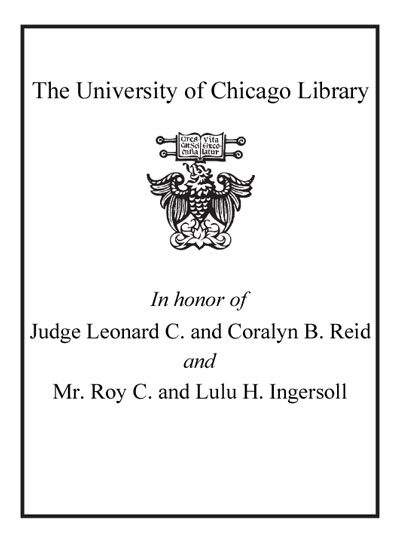Handbook of classroom management : research, practice, and contemporary issues /
Saved in:
| Imprint: | Mahwah, N.J. : Lawrence Erlbaum Associates, 2006. |
|---|---|
| Description: | viii, 1346 p. : ill. ; 26 cm. |
| Language: | English |
| Subject: | |
| Format: | Print Book |
| URL for this record: | http://pi.lib.uchicago.edu/1001/cat/bib/5930609 |
Table of Contents:
- I. Introduction
- 1. Classroom Management as a Field of Inquiry
- 2. History of Research on Classroom Management
- II. Alternative Paradigms for the Study of Classroom Management
- 3. Behavioral Approaches to Classroom Management
- 4. Process-Outcome Approaches to Classroom Management and Effective Teaching
- 5. Ecological Approaches to Classroom Management
- 6. Classroom Management and Classroom Discourse
- 7. Critical Theory Perspective on Social Class, Race, Gender, and Classroom Management
- 8. Student and Teacher Perspectives on Classroom Management
- III. Recent and Emergent Perspectives on Classroom Management
- 9. Self-Regulated Learning and Classroom Management: Theory, Research, and Considerations for Classroom Practice
- 10. Building and Sustaining Caring Communities
- 11. Design-Based, Participation-Centered Approaches to Classroom Management
- 12. From Compliance to Responsibility: Social and Emotional Learning and Classroom Management
- 13. Connections Between Classroom Management and Culturally Responsive Teaching
- IV. Classroom Management in Specific Contexts
- 14. Classroom Management in Early Childhood and Elementary Classrooms
- 15. Classroom Management in Middle and High School Classrooms
- 16. Classroom Management in Special Education Classrooms and Resource Rooms
- 17. Classroom Management in Inclusive Settings
- 18. Classroom Management in Urban Classrooms
- V. Managing the Instructional Formats of Contemporary Classrooms
- 19. Managing Groupwork in the Heterogeneous Classroom
- 20. Classroom Management and Technology
- 21. Organization and Management of Language Arts Teaching: Classroom Environments, Grouping Practices, and Exemplary Instruction
- 22. Pervasive Management of Project-Based Learning: Teachers as Guides and Facilitators
- VI. Research and Theory with Implications for Classroom Management
- 23. A Social Motivation Perspective for Classroom Management
- 24. Extrinsic Rewards and Inner Motivation
- 25. Why Research on Parental Involvement Is Important to Classroom Management
- 26. Classroom Management and Relationships Between Children and Teachers: Implications for Research and Practice
- 27. Classroom Management for Moral and Social Development
- VII. Programs for Classroom Management and Discipline
- 28. Research-Based Programs for Preventing and Solving Discipline Problems
- 29. Helping Individual Students with Problem Behavior
- 30. Conflict Resolution, Peer Mediation, and Peacemaking
- 31. Schoolwide Positive Behavior Support: Building Systems to Develop and Maintain Appropriate Social Behavior
- 32. Bullying: Theory, Research, and Interventions
- VIII. Teaching and Learning About Classroom Management
- 33. How Do Teachers Learn to be Effective Classroom Managers?
- 34. The Place of Classroom Management and Standards in Teacher Education
- 35. Classroom Management and Teacher Stress and Burnout
- 36. Teacher Research and Classroom Management: What Questions Do Teachers Ask?
- 37. The Convergence of Reflective Practice and Effective Classroom Management
- IX. Policy, Law, Ethics, and Equity
- 38. Classroom Management, Discipline, and the Law: Clarifying Confusions About Students' Rights and Teachers' Authority
- 39. Schoolwide Discipline Policies: An Analysis of Discipline Codes of Conduct
- 40. Classroom Management as a Moral Activity
- 41. Zero Tolerance, Suspension, and Expulsion: Questions of Equity and Effectiveness
- X. International Perspectives on Classroom Management
- 42. Contexts and Attributions for Difficult Behavior in English Classrooms
- 43. Classroom Management in Multicultural Classes in An Immigrant Country: The Case of Israel
- 44. Group Phenomena and Classroom Management in Sweden
- 45. An Interpersonal Perspective on Classroom Management in Secondary Classrooms in the Netherlands
- 46. Classroom Discipline in Australia
- 47. Classroom Management in Postwar Japan: The Life Guidance Approach
- About the Authors
- Author Index
- Subject Index

